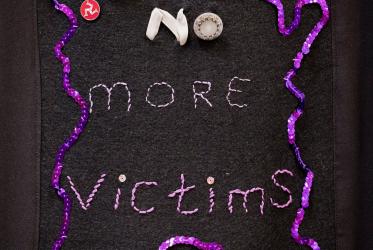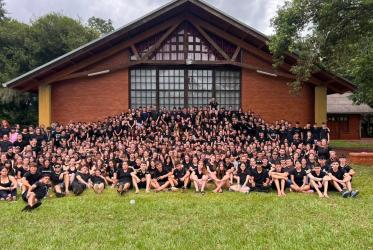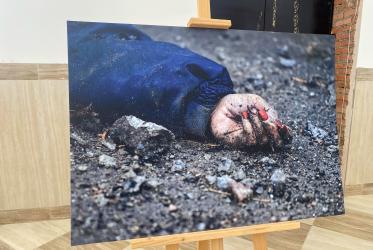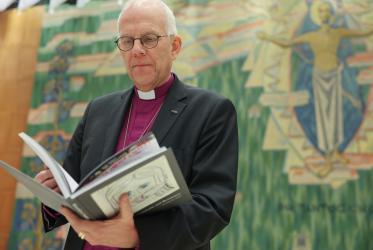Displaying 1 - 20 of 416
04 April 2024
Voice of churches vital during UN women’s rights talks
28 March 2024
On International Women’s Day, “we want us alive”
13 March 2024
On International Women’s Day, find ways to end femicide
29 February 2024
As femicide cases rises, Kenyan religious leaders move to act
06 February 2024
In Angola, WCC takes human rights approach to obstetric fistula
01 February 2024
Thursdays in Black now has a Youth Edition
21 December 2023
Tackling sexual violence in war
14 December 2023
WCC webinar explores decolonizing beauty
11 December 2023

















